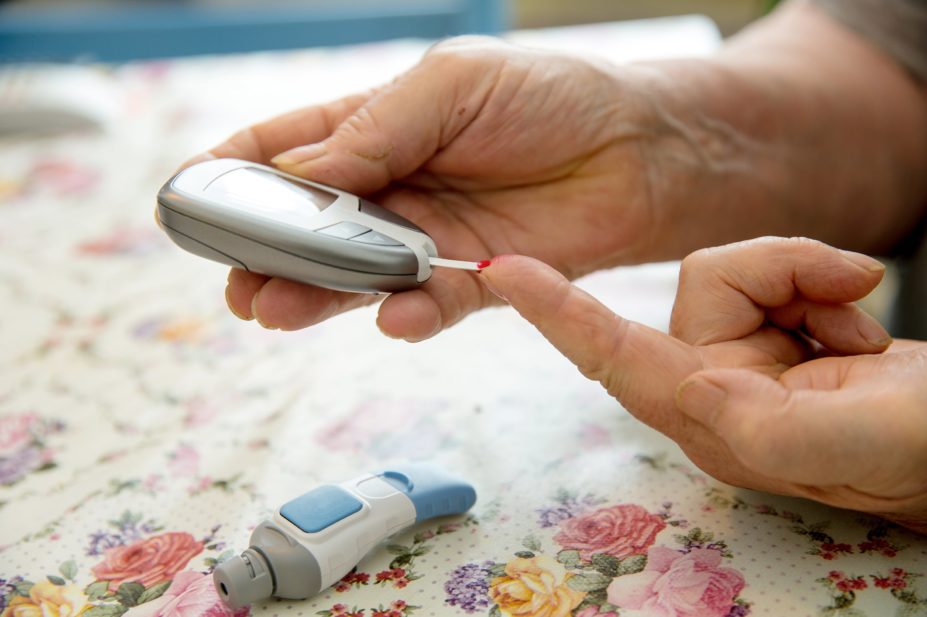
Shutterstock.com
Sodium–glucose co-transporter 2 (SGLT2) inhibitors are associated with a lower incidence of serious renal events in people with diabetes compared with dipeptidyl peptidase-4 (DPP-4) inhibitors, which were used as an active comparator, a study in the BMJ has suggested (29 April 2020)[1]
.
Researchers looked at data from nationwide registries of Sweden, Denmark and Norway, from between 2013 and 2018, including 29,887 new users of SGLT2 inhibitors matched to an equal number of new users of DPP-4 inhibitors.
Over a mean follow-up of 1.7 years, people taking SGLT2 inhibitors were 58% less likely to experience serious renal events than those taking DPP-4 inhibitors (2.6 vs. 6.2 events per 1,000 person-years; hazard ratio 0.42, 95% confidence interval 0.34–0.53). They were also significantly less likely to require renal replacement therapy or be admitted to hospital for a renal event.
In clinical trials, SGLT2 inhibitors have been shown to protect renal function in people with type 2 diabetes mellitus who also have nephropathy or are at high cardiovascular risk. However, it has not been shown how this translates to serious renal events in the wider population of people with diabetes.
“Complementing data from clinical trials, this study provides further support for the use of SGLT2 inhibitors in a broad range of patients with type 2 diabetes mellitus,” they concluded.
References
[1] Pasternak B, Wintzell V, Melbye M et al. BMJ 2020; 369:m1186. doi: 10.1136/bmj.m1186


